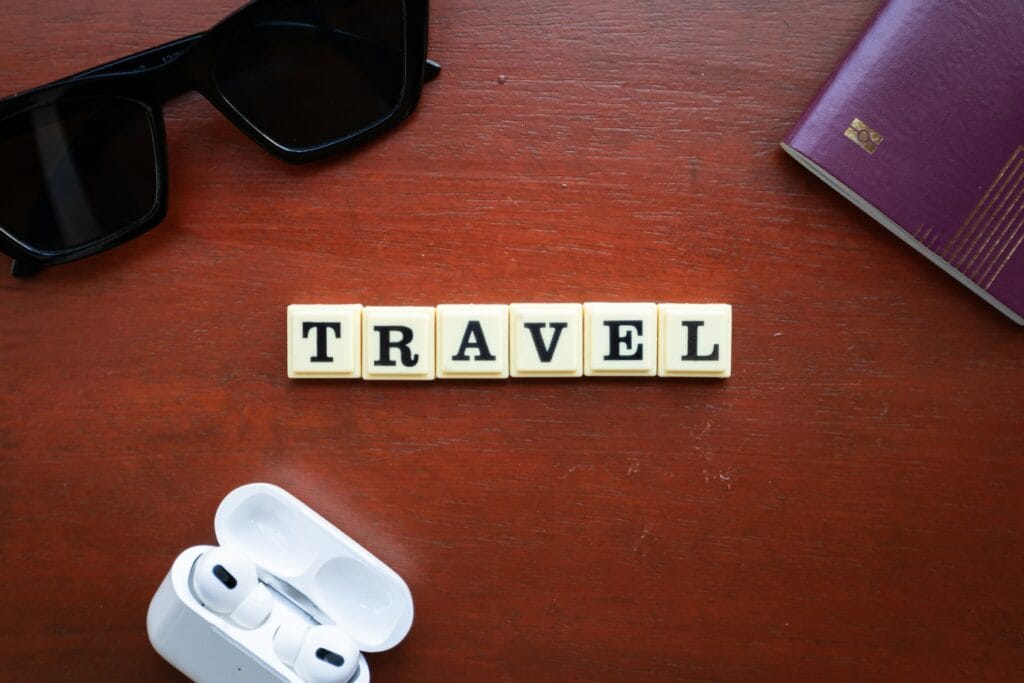Travel Planning Has Changed
Family holidays are meant to be exciting, but if you’ve ever spent hours comparing flights, scrolling through reviews, or juggling activities to keep everyone happy, you’ll know the process can be exhausting. The digital world is shifting fast, and a new generation of AI travel tools promises to take the stress out of planning.
Advertisers, brands and parents alike are paying attention. Why? Because these technologies aren’t just for tech enthusiasts anymore—they’re designed to help real families save time, reduce costs, and create unforgettable adventures.
What is AI Travel Planning?
At its core, AI (artificial intelligence) refers to software that can “learn” patterns and provide intelligent recommendations. In the context of travel, this means:
- Personalised itineraries: tools that suggest activities based on your children’s ages, your budget, and your interests.
- Smarter booking: algorithms that track flight and hotel prices, alerting you when deals are at their lowest.
- Language support: instant translations, making overseas family trips less stressful.
- On-the-go help: AI chatbots that recommend restaurants, attractions, or even nearby chemists if you need one.
Why Families Should Care
For parents, time is precious. Between school runs, work commitments and daily routines, researching the perfect family break can feel impossible. AI tools act like a digital travel assistant, handling the legwork so you can focus on the fun.
Imagine telling an app: “We’re a family of five, travelling to Slovenia in August. We love swimming, hiking, and cultural experiences. Our budget is £2,000.” In seconds, the AI generates a day-by-day itinerary that balances outdoor adventures with child-friendly attractions, plus restaurant suggestions with allergy-friendly options.

Real Benefits Parents Are Already Seeing
- Cost Savings – AI monitors thousands of booking sites, helping families book at the best possible time.
- Time Efficiency – No more endless tabs open; itineraries are built in minutes.
- Peace of Mind – From medical translation to safety alerts, AI makes family travel less daunting.
- Customisation – Whether you have a toddler who naps at midday or a teen who loves adrenaline sports, itineraries adapt.
Social Media Meets AI: The New Way to Share Family Travel
One fascinating trend is the overlap between AI and social media. Families increasingly use platforms like Instagram or TikTok not just to share memories, but also to research destinations. AI is now powering smarter search results, surfacing “hidden gems” based on what’s trending with families like yours.
For travel brands, this is huge. Sponsored family content that feels authentic—like a packing guide, a day-in-the-life vlog, or a child-friendly review of a theme park—is driving higher engagement than ever before.
Case Study: Using AI to Plan a European Family Road Trip

Take the example of a family heading to Slovenia. Using an AI-powered tool:
- They discovered Banovci, a spa village perfect for children.
- They were alerted to a discounted hire car in Ljubljana.
- The AI automatically factored in drive times, meal stops, and rest breaks, creating a realistic route that parents wouldn’t have time to piece together.
The result? Less stress, more fun, and a budget-friendly itinerary.
Tips for Parents Ready to Try AI Travel Tools
- Start with free versions – Many apps have free trials that show how the tech works.
- Use AI alongside human judgement – Double-check reviews and trust your instincts.
- Keep privacy in mind – Stick to reputable apps with clear data policies.
- Combine AI with affiliate deals – Some AI planners link directly to booking discounts, stacking savings.
Looking Ahead: The Future of Family Travel
Experts predict that by 2030, most families will use AI for at least one stage of their holiday planning—whether that’s finding affordable flights, navigating public transport, or discovering child-friendly activities on arrival.
For parents, the takeaway is simple: embracing AI now means smoother, smarter, and often cheaper family holidays.
Conclusion: Smarter Travel, Happier Families
The digital shift is here. AI, SEO and social media aren’t just buzzwords—they’re shaping the way families plan, book and share their travel experiences. Whether you’re heading abroad or exploring closer to home, AI tools can take away the stress and add more joy.
For brands and advertisers? Partnering with trusted family blogs and creators is one of the most effective ways to connect with the next generation of travellers.


